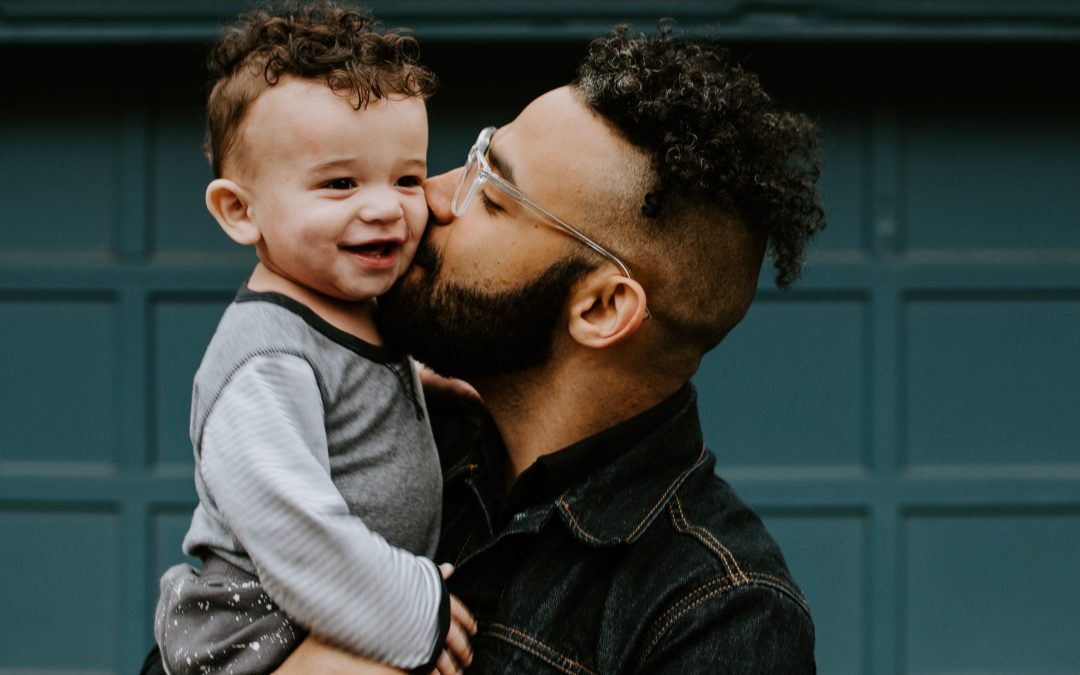Family-Based Immigration: Reuniting Loved Ones in the United States
Family is the foundation of our lives, and being separated from loved ones can be emotionally challenging. Fortunately, the United States offers pathways for family-based immigration, allowing U.S. citizens and lawful permanent residents to sponsor their relatives and bring them to the country. In this blog post, we will explore the process and benefits of family-based immigration. Whether you are a U.S. citizen hoping to bring your spouse or children, or a lawful permanent resident seeking to reunite with parents or siblings, understanding the family-based immigration system is essential. Let’s delve into the journey of reuniting loved ones in the United States.
Overview of Family-Based Immigration
Family-based immigration allows U.S. citizens and lawful permanent residents to sponsor certain family members for immigration to the United States. The U.S. immigration system recognizes two main categories: immediate relatives and family preference categories. Immediate relatives, including spouses, parents, and unmarried children under 21 years old of U.S. citizens, have a higher priority and do not face numerical limitations. Family preference categories cover other eligible relatives, such as unmarried adult children of U.S. citizens and lawful permanent residents, married children of U.S. citizens, and siblings of U.S. citizens. However, family preference categories have limited visa numbers, resulting in longer waiting periods.
Sponsorship and Petition Process
To initiate the family-based immigration process, the U.S. citizen or lawful permanent resident must file a petition on behalf of their relative. The petitioner serves as the sponsor, demonstrating their relationship and willingness to financially support the immigrant relative. The specific forms and documentation required vary based on the familial relationship and the sponsor’s immigration status. It is crucial to consult with an experienced immigration attorney to ensure a complete and accurate petition submission.
Adjustment of Status or Consular Processing
Once the petition is approved, the process diverges based on the immigrant’s location. If the immigrant is already in the United States and eligible for adjustment of status, they can apply for permanent residency without leaving the country. On the other hand, if the immigrant is residing outside the United States, consular processing is required. Consular processing involves attending an interview at a U.S. embassy or consulate in their home country to obtain an immigrant visa.
Waivers and Special Circumstances
Family-based immigration may encounter certain obstacles, such as inadmissibility due to medical conditions, criminal history, or unlawful presence. In such cases, waivers may be available to overcome these barriers. For example, a waiver of inadmissibility based on extreme hardship to the U.S. citizen or lawful permanent resident spouse or parent may be sought. Additionally, the Violence Against Women Act (VAWA) provides protection and a pathway to permanent residency for victims of domestic violence.
Benefits and Considerations
Family-based immigration not only reunites loved ones but also provides numerous benefits. Immigrants granted permanent residency through family-based immigration gain the opportunity to live and work legally in the United States. They can also apply for U.S. citizenship after meeting certain residency and other requirements. Furthermore, family-based immigration promotes family unity, allowing relatives to support and care for each other.
Family-based immigration serves as a beacon of hope for families separated by borders. It provides a legal pathway for U.S. citizens and lawful permanent residents to reunite with their loved ones in the United States. By understanding the process, navigating sponsorship and petition requirements, and addressing any potential obstacles, families can embark on the journey of family-based immigration with confidence. At Isa Law, we are dedicated to helping families navigate the complex immigration system and reunite with their loved ones. Contact us today, let’s build a future filled with love, support, and togetherness in the United States.



